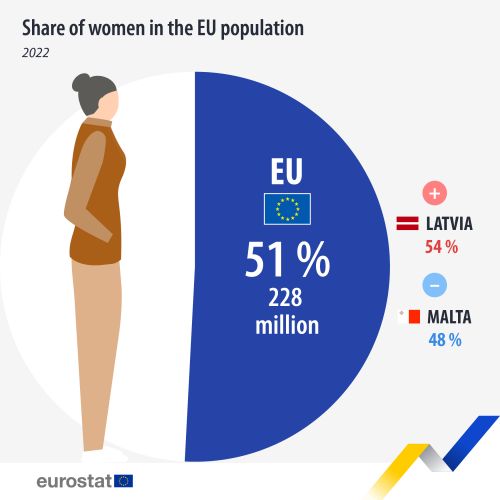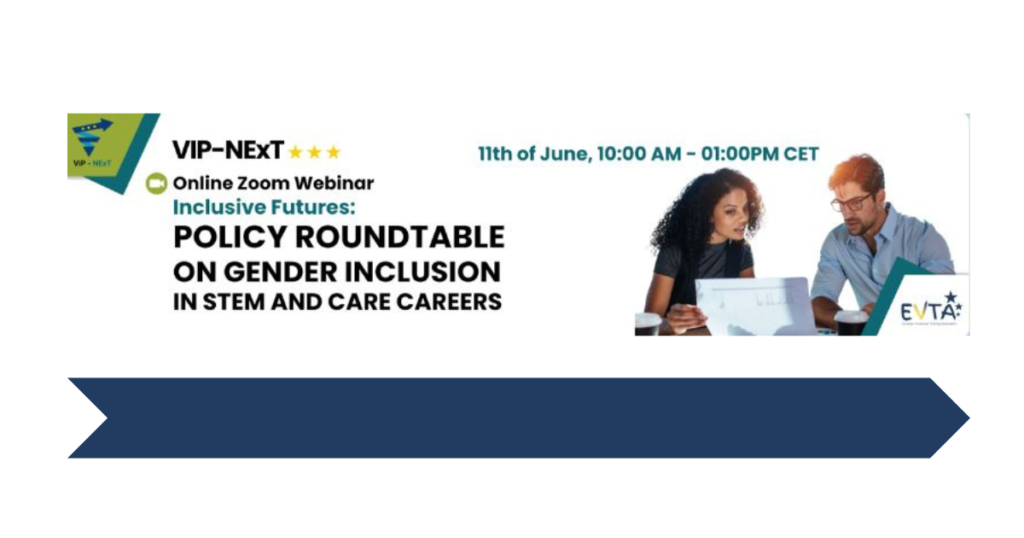Author: Tamara Markey
Affiliation: Dun Laoghaire Rathdown Chamber of Commerce
A report conducted by an Independent Review Group (IRG-DF, 2023) on dignity and quality issues within the Irish Defence Forces, reveals significant concerns regarding the organisational culture and treatment of personnel in particular female members. The analysis reveals a workplace where self-worth and value are disregarded and disrespect is a dominant feature in the organisation. Bullying, harassment, discrimination and sexual assault are experienced by a higher proportion of employees in the Irish Defence Forces than is the case in other workplaces.
Under Irish law, bullying, discrimination and harassment of any kind are outlawed in the workplace in compliance with the Employment Equality Act (1998). Policies such as the Dignity at Work Policy (2015) aim to create a respectful, inclusive, and non-discriminatory work environment for all employees. It involves treating individuals with respect, valuing diversity, and providing equal opportunities and protections against harassment and discrimination. However, national legislation does not always align with practice. For example, in a national survey of staff experiences of bullying in Irish higher education institutions (Mazzone et al, 2022) one-third of respondents indicated they had been bullied in the past three years and a consistent proportion of respondents were bullied by a senior colleague (55%). These rates of respondents being bullied (33.5%) are very similar to the Irish Defence Forces rates of 35%. The main difference being participant gender, the majority of those experiencing bullying in the Irish Defence Forces identified as female, while the majority in the higher education institutes identified as non-binary. Furthermore masculine work culture and gender biases persist, albeit in more subtle forms compared to overt discrimination (Coleman, 2020). Additionally, women are still expected to conform to traditional male work patterns. The study also found women’s leadership roles are subject to a double bind: seen as too aggressive if they adopt a “masculine” leadership style and seen as weak or ineffective if they adopt a “feminine” leadership style (Coleman, 2020).
According to the Independent Review Group Defence Forces (IRG-DF, 2023), 88% of female participants reported encountering one or more instances of sexual harassment, in contrast to 17% of male participants. At present seven percent of employees in the Irish Defence Forces are women. The enforcement of traditional gender norms in the Irish Defence Forces makes the recruitment and retention of female personnel extremely challenging. Stereotypical expectations and roles, present obstacles for women who seek equal opportunities and advancement. As a result, female recruitment and retention rates remain low compared to their male counterparts.
The findings from the IRG-DF’s report (2023) serve as an extreme example that encapsulates the challenges faced by women in various professional environments across Ireland. It highlights the urgent need for cultural change, not only at the organisational level but on a nationwide scale. Cultural change requires challenging and transforming deeply ingrained gender norms and stereotypes that perpetuate inequality. Promoting and nurturing an open dialogue between government institutions, educational institutions, the public sector, and the private sector could further support the exchange of ideas, best practices, and collaborative efforts to dismantle gender norms, promote gender equality, and foster a more inclusive society.
References
Coleman, M. (2020). Women leaders in the workplace: perceptions of career barriers, facilitators and change, Irish Educational Studies, 39(2), 233-253. https://doi.org/10.1080/03323315.2019.1697952
Government of Ireland. (1954). Defence Act, 1954. Retrieved May 26, 2023, from Defence Act, 1954 (irishstatutebook.ie)
Government of Ireland. (2015). Dignity at Work Policy 2015. Retrieved May 26, 2023, from https://www.gov.ie/en/organisation-information/69eb7-dignity-at-work-an-anti-bullying-harassment-and-sexual-harassment-policy-for-the-state-industrial-employees-working-in-the-civil-service/
Government of Ireland. (1998). Employment Equality Act 1998. Retrieved May 26, 2023, from https://www.irishstatutebook.ie/eli/1998/act/21/enacted/en/html
IRG-DF. (2023). Final report to the minister for defence. Retrieved May 26, 2023, from https://www.gov.ie/en/publication/4eb09-report-of-the-independent-review-group-on-dignity-and-equality-issues-in-the-defence-forces/
Mazzone, A., Jones, É., Freeney, Y., & Norman J. O. (2022). Report on the national survey of staff experiences of bullying in Irish higher institutions. Retrieved May 26, 2023, from https://www.gov.ie/pdf/?file=https%3A%2F%2Fassets.gov.ie%2F232570%2Fa4b3065c- ee41-4f74-b132-e674f261c992.pdf#page=null.






